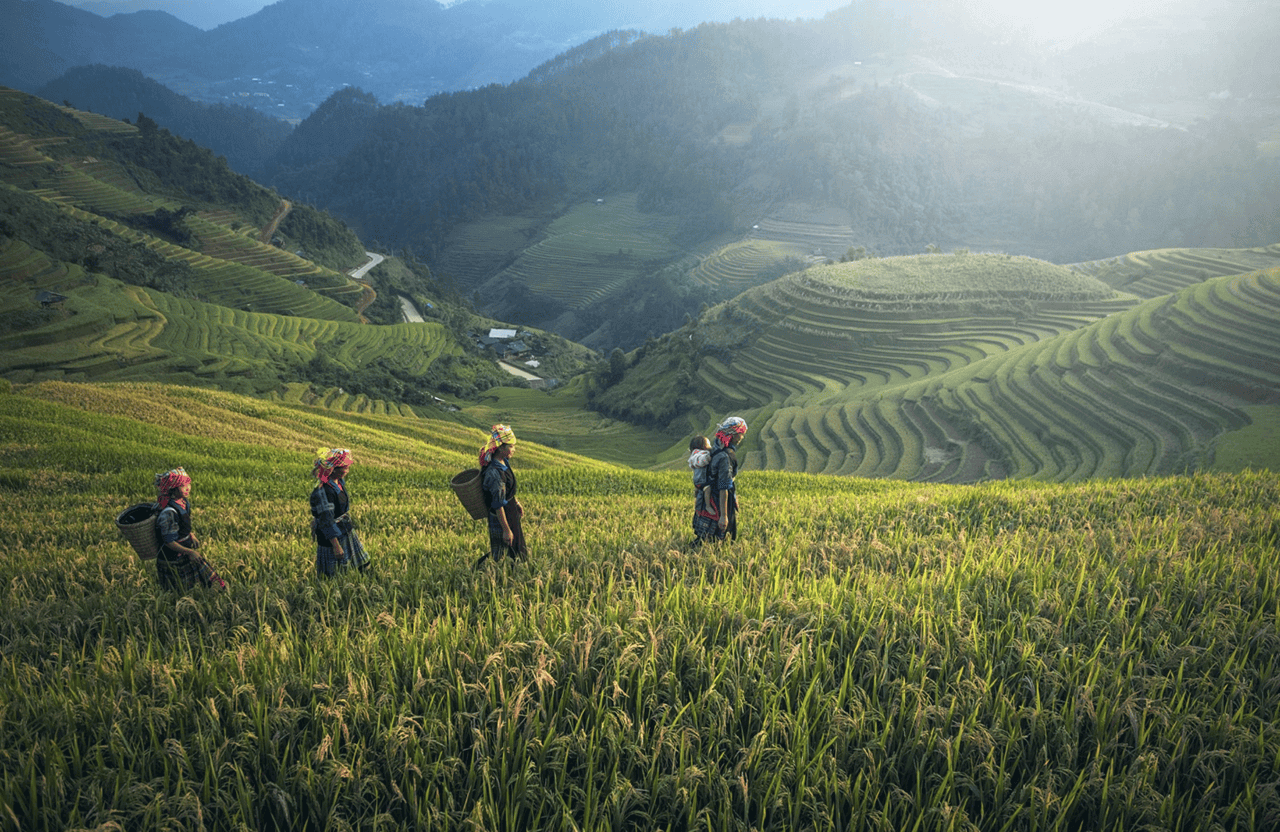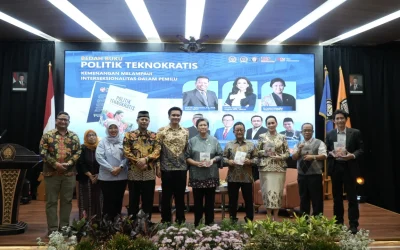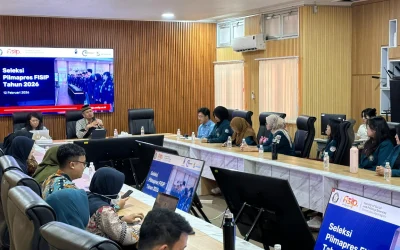The journal article titled “Socioeconomic Perspective of Agroforestry Development in Central Java” explores the potential of agroforestry as a sustainable farming system in Indonesia, particularly in Central Java, a crucial region for the country’s food production. The authors conducted a survey involving 101 agroforestry farmers to assess their characteristics, confidence levels in agroforestry practices, and the types of crops and livestock integrated into their systems.
The study highlights that agroforestry can serve as a promising source of income for smallholders, offering various social, economic, and environmental benefits. It emphasizes the need for further research to evaluate the long-term benefits and resilience of agroforestry practices compared to conventional farming methods. Agroforestry, known locally as “tumpang sari,” integrates multiple plant species within a single area of land.
The Indonesian government has supported agroforestry through Social Forestry programs that allow communities to cultivate seasonal crops alongside timber trees. This initiative not only promotes social justice by recognizing land rights but also enhances community welfare and environmental sustainability. The study indicates that agroforestry generates higher income than monoculture farming, with various studies showing significant contributions to farmers’ incomes across different regions in Indonesia.
In addition to economic aspects, the article also addresses socio-cultural factors influencing agroforestry adoption, such as community norms, beliefs about land stewardship, and environmental awareness. The findings suggest that agroforestry not only provides economic advantages but also fosters a more sustainable relationship between farmers and their environment. The authors call for more comprehensive studies that assess the ecological impacts and macroeconomic contributions of agroforestry to develop applicable models for other regions facing environmental challenges.
This article is the result of a collaboration between academics from the Faculty of Social and Political Sciences, Universitas Diponegoro, Indonesia, and the East-West Center, University of Hawai’i, United States. The UNDIP FISIP scholars involved include Prof. Bulan Prabawani, S.Sos., M.M., Ph.D., a Professor of Business and Sustainability, Prof. Dr. Drs. Hardi Warsono, M.T., a Professor of Collaboration and Intergovernmental Management, and Ilham Ainuddin, a Lecturer in the Department of Business Administration, who also has experience as a reviewer for reputable international journals. Meanwhile, the academic from the East-West Center, University of Hawai’i, who contributed to this article is Micah R. Fisher. Micah is an Assistant Professor at the University of Hawai’i and has frequently collaborated with faculty members from FISIP UNDIP. For more information regarding this research, you can access it through:
Prabawani, B., Warsono, H., Fisher, M. R., Ainuddin, I. (2024). Socioeconomic perspective of agroforestry development in Central Java. Environmental and Sustainability Indicators, 22, 100354.
DOI: https://doi.org/10.1016/j.indic.2024.100354
Agroforestry holds great potential to support sustainability and improve the livelihoods of smallholder farmers in Indonesia while preserving ecological balance in vulnerable regions.





0 Comments